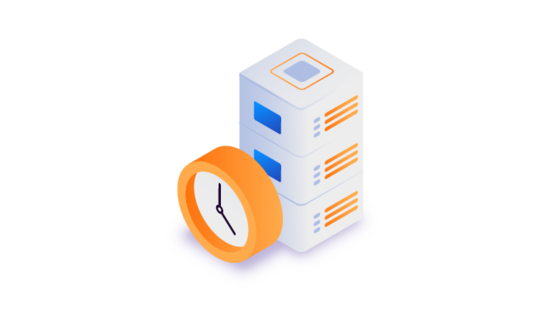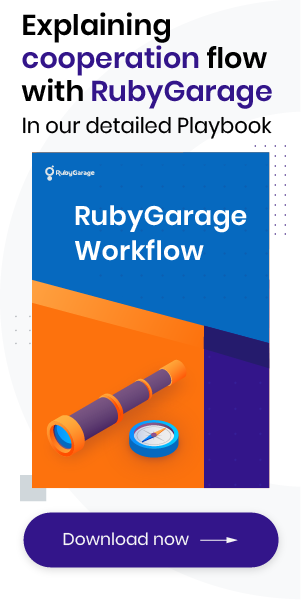-
Product Management
Software Testing
Technology Consulting
-
Multi-Vendor Marketplace
Online StoreCreate an online store with unique design and features at minimal cost using our MarketAge solutionCustom MarketplaceGet a unique, scalable, and cost-effective online marketplace with minimum time to marketTelemedicine SoftwareGet a cost-efficient, HIPAA-compliant telemedicine solution tailored to your facility's requirementsChat AppGet a customizable chat solution to connect users across multiple apps and platformsCustom Booking SystemImprove your business operations and expand to new markets with our appointment booking solutionVideo ConferencingAdjust our video conferencing solution for your business needsFor EnterpriseScale, automate, and improve business processes in your enterprise with our custom software solutionsFor StartupsTurn your startup ideas into viable, value-driven, and commercially successful software solutions -
-
- Case Studies
- Blog
Time & Material model in software development
An efficient pricing model is a fundamental component for the long-term successful cooperation in the field of outsourcing.Thus, flexibility is an extremely important mechanism in economic evaluation.
Pricing is probably one of the few aspects of outsourcing where evolution and innovation weren’t as rapid as in the development of technologies.
Let’s say you want to create a software product, but you do not have a development team. In this case a professional outsourcing company is your path to success. Sometimes it is not obvious how to pay programmers for the job done and how to build financial relations.
This article answers these questions within the framework of the Time & Material pricing model.

Time & Material (T&M) is the model that considers only the cost of resources: contractor’s salary, cost of materials and in some cases the average for the fixed charges - the value and scale of the project can be evaluated only as a draft. The essence of the model is the following statement: "I, as a contractor, provide you, the client some A, B and C jobs, and you pay my efforts for each hour spent at the rate of D. Also, you will arrange payments for costs incurred due to the project development”. Time and material model is recommended for the projects where a client can better manage risks than a contractor. This type of contract blends well with the cost-effective practice. Proper implementation of the requirements serves as the indicator for project performance. Let us understand why the Time & Material pricing model is common in the modern outsourcing practice. There are five obvious reasons for this.
Specific requirements
In many cases the client cannot determine exact requirements for his software project. Project requirements depend on rapidly changing external circumstances. This situation is common for the startups when any development is experimentation. In this case, the requirements must be specified after each particular iteration.
Long-term projects
The model is suitable for sustained projects which are not limited by rapid spontaneous development. At the end of the each development stage the client gets the details of the services rendered with the validation of work, amount of time spent and the cost of work calculated on the basis of fixed rate. However, while choosing a contractor, the client must to pay attention to the presence of internal procedures and guidelines that describe certain processes, as the time spent for a particular operation depends both on external factors and a smooth flow of internal business processes in the developer team.
Finalizing the draft

Clients often need post-development support for their products as well as some improvement and refinement. Such cooperation generally includes minimum requirements for the volume of services provided, but ensures a certain level of fixed salary. Even with the minimum requirements for the number of working hours, Time and material model allows the client to deal effectively with the ever-changing demands and receive a discount within the order scale. Generally, hourly rates are linked to the appropriate category of specialists involved, especially if the startup is on the stage of alterations and bug fixing. This pricing model also implies detailed requirements for the units (stages) of work when there is access to the primary and technical documentation for the project. The number of employees within the team, and the duration of the phase of improvements and maintenance is not critical.
Joint team
In some cases client’s employees or employees of other contractors work together with the outsourcing team. This creates a dependency between the teams and impacts overall results. In this respect the client does not recruit occasional developers, but a professional team which already has experience in programming team cooperation. Risks of overpayment for paid services are minimized and do not require strict control over the development process. The client is obliged to set clear and straightforward tasks - understanding that he pays for each hour, it will not be wasted for useless chasing. This format includes regular submission of the reports and use of modern tools of time management within the project. It involves changes of the requirements with minimal expenses and ability to change the size of the team according to the particular development stage.
Structuring

This means splitting the project into phases with a fixed budget for each phase. Phases must be determined on the basis of planning and should always be attached to the final result. If it's difficult to attain the result in the context of business performance, client must be sure that the technical result is complies with the industry standards. At the end of each phase it is advisable to start planning for the next period. The client, in this Time and Material respect, receives a fixed budget and does not accept the risk of erroneous assessment. The development team performance is focused on the project tasks (a proposal to improve the project, changes in evaluation of risks etc.), but not on the "specification" principle, ignoring shortcomings and omissions.
IT outsourcing within the Time and Material model is a good choice for implementation of software development projects when it is difficult to plan the amount of work and precise requirements in advance. The customer pays for the actual work of the contractor: the amount of time spent and resources invested. This allows to change priorities economically painless and quickly reschedule the work. The main risk for the customer lies in unjustified increase of man-hours and the timing of the project. Splitting tasks into sub projects will help to retain control over the outsourcer.










